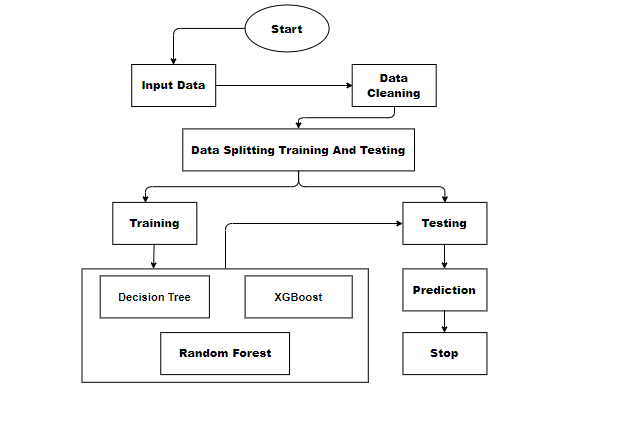Medical Insurance Premium Prediction with Machine Learning
Objective
The objective of the medical insurance is to create a robust machine learning regression model that can effectively estimate healthcare expenses, enabling insurance companies to optimize pricing, risk assessment, and resource allocation, while aiding individuals in selecting appropriate insurance coverage
Abstract
The aim of this medical insurance cost prediction project is to leverage machine learning techniques, specifically regression analysis, to develop a predictive model for estimating healthcare expenses incurred by individuals. The dataset used in this study comprises a diverse set of features including age, gender, BMI, smoking habits, and geographical region, which are hypothesized to influence medical costs. By applying regression algorithms such as linear regression, decision trees, and random forests, we seek to create an accurate and interpretable model that can estimate medical insurance costs for new policyholders.
The project's significance lies in its potential to provide insurance companies with a valuable tool for risk assessment and pricing strategy refinement. Accurate cost predictions can help insurers better allocate resources, adjust premiums, and manage financial risk more effectively. Furthermore, this predictive model can assist individuals in making informed decisions about insurance coverage, allowing them to select policies that align with their anticipated healthcare expenses.
The methodology involves data preprocessing, feature engineering, model selection, and evaluation using metrics like Mean Absolute Error (MAE) and Root Mean Squared Error (RMSE). Additionally, model interpretability techniques, such as feature importance analysis, will be employed to enhance the transparency of predictions.
Keywords: LSTM, Linear Regression, Gradient boosting Regressor, ML technique, etc.
NOTE: Without the concern of our team, please don't submit to the college. This Abstract varies based on student requirements.
Block Diagram

Specifications
SOFTWARE REQUIREMENS
• Operating System : Windows 7+
• Server side Script : HTML, CSS & JS
• IDE : PyCharm
• Libraries Used : Pandas, numpy, SKlearn.
HARDWARE REQUIREMENTS
• Processor - I3/Intel Processor
• RAM - 4GB (min)
• Hard Disk - 128 GB






 Paper Publishing
Paper Publishing
